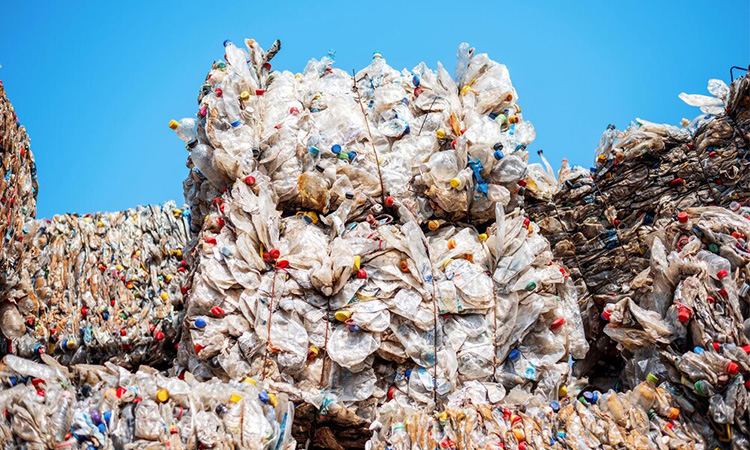In a world increasingly aware of the environmental toll of traditional energy sources, the quest for sustainable alternatives has taken center stage. One innovative approach gaining traction is the conversion of plastic waste into renewable energy. This article explores the exciting prospect of harnessing power from discarded plastics, turning an environmental challenge into a source of clean and sustainable energy.
Plastic Waste Crisis:
Plastic pollution is a global concern, with vast amounts of plastic waste accumulating in landfills and oceans. Traditional disposal methods contribute to environmental degradation, prompting a shift towards innovative solutions that not only address the waste crisis but also generate renewable energy.
Renewable Energy from Plastic:
- Pyrolysis: Pyrolysis is a process that involves heating plastic waste in the absence of oxygen, causing it to break down into gases, oils, and char. The gases produced can be used as fuel for electricity generation or as a heat source in various industrial processes. This method offers a double benefit: reducing plastic waste and producing renewable energy.
- Plastic-to-Fuel Conversion: Advancements in technology have paved the way for converting certain plastics into liquid fuels. Through a refining process, plastics are transformed into diesel or other usable fuels. This not only provides an alternative to traditional fossil fuels but also helps mitigate the environmental impact of plastic waste.
- Waste-to-Energy Facilities: Some modern waste-to-energy facilities incorporate plastic waste into their processes. In these facilities, plastic is burned to produce heat, which is then used to generate steam and drive turbines, ultimately generating electricity. While combustion raises environmental concerns, advanced technologies aim to minimize emissions.
Benefits of Renewable Energy from Plastic:
- Waste Reduction: Converting plastic into renewable energy reduces the volume of plastic waste destined for landfills or oceans. This dual-purpose approach addresses two pressing issues simultaneously—energy demand and plastic pollution.
- Clean Energy Source: Renewable energy derived from plastic contributes to cleaner and greener energy production. Unlike traditional fossil fuels, this method reduces greenhouse gas emissions, helping combat climate change and improve overall air quality.
- Resource Efficiency: By repurposing plastic waste as an energy source, we tap into a resource that would otherwise linger in the environment for decades. This resource efficiency aligns with the principles of a circular economy, where materials are reused and repurposed to minimize waste.
Challenges and Considerations:
- Environmental Impact of Combustion: The combustion of plastic for energy generation can release pollutants into the air. While advanced technologies aim to minimize these emissions, careful consideration must be given to the environmental impact of combustion processes.
- Technological Advancements: Continued research and development are essential to refine existing technologies and explore new methods for extracting energy from plastic waste. Improving efficiency and minimizing environmental impact should be at the forefront of these advancements.
- Plastic Sorting and Contamination: Effective plastic-to-energy processes require proper sorting and separation of different types of plastic. Contamination by non-combustible materials can affect the efficiency of energy conversion and increase environmental risks.
- Public Perception: Public perception and awareness play a crucial role in the success of plastic-to-energy initiatives. Education on the benefits, risks, and ethical considerations is vital for garnering support and addressing concerns.
- Future Prospects: As technology evolves and awareness grows, the prospect of generating renewable energy from plastic waste holds significant promise. Innovations in waste-to-energy processes, advancements in pyrolysis technology, and a commitment to sustainable practices are key factors shaping the future of this emerging field.
Renewable energy from plastic waste stands as a testament to human ingenuity in finding solutions to pressing environmental challenges. By transforming plastic, often viewed as an environmental villain, into a valuable energy resource, we embark on a journey towards a more sustainable and circular approach to waste management. While challenges exist, the potential benefits of generating renewable energy from plastic underscore the importance of exploring diverse avenues in the pursuit of a cleaner and greener future.
Next On Your Reading List:


